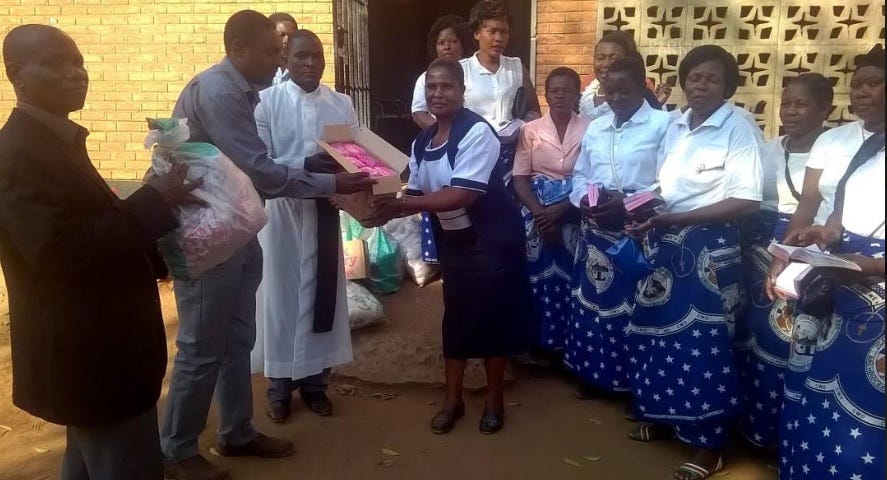Lilongwe DHO applauds sputum collection points for contribution to district's TB fight
The Laboratory Manager at Bwaila Hospital stated that the number of samples received on a daily basis gives the impression that the district is doing better in terms of tuberculosis elimination.
Malawi: The Lilongwe district health office has praised local sputum collection points, saying they have aided in the district's fight against tuberculosis.
Chifundo Banda, Principal Laboratory Technologist at Lilongwe DHO, stated that the points are doing well in collecting sputum and delivering it to laboratories for testing, saying this is a sign that many people understand the importance of getting tested for tuberculosis.
Banda, who is also the Laboratory Manager at Bwaila Hospital, stated that the number of samples received on a daily basis gives the impression that the district is doing better in terms of tuberculosis elimination.
"The other aspect is mobile vans, which have also had a significant impact on TB testing because these vans move to where the people are. They provide the actual testing right there, so they also assist in identifying cases in the villages,” she stated.
Mpelalipoko, located in Mwatibu village, in the area of traditional authority Chadza at Nathenje in Lilongwe, is one of the sputum collection points that has been doing such work for over five years.
Beston Dalikeni, the group's chairperson, stated that despite other challenges such as a lack of equipment to effectively discharge their duties and other myths prevalent in the communities, the collection points are yielding positive results, as those tested positive are given possible treatment to ensure that they remain healthy.
"What happens is that when someone is diagnosed with tuberculosis, we follow them up to see if they are taking treatment as prescribed until they finish the given treatment," he explained.
However, the health office has cited a lack of GeneXpert systems to conduct tests, as well as a lack of air conditioners to monitor the temperature in laboratories, as factors discouraging the good course because they cannot accommodate more samples at once.
Bwaila district hospital, for example, has only two GeneXpert systems to accommodate over fifty samples received per day, which delays processes, and the laboratory lacks a working air conditioner, which causes the system to malfunction.





